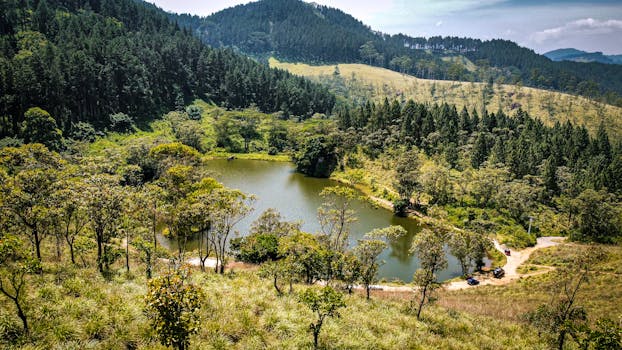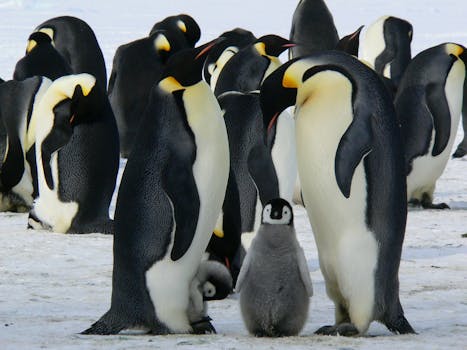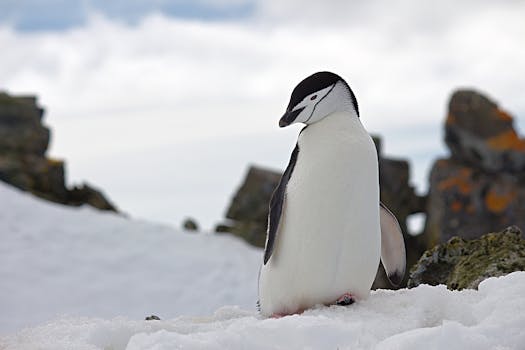
Introduction

Climate change is one of the most pressing issues of our time, directly impacting global ecosystems and their delicate balance. Rising temperatures, shifting weather patterns, and increasing natural disasters are just a few of the signs we see as indicators of this vital challenge. Ecosystems, which include forests, oceans, grasslands, and wetlands, are increasingly disrupted by climate change.
The Disruption of Habitats

One of the most immediate impacts of climate change on ecosystems is habitat disruption. Key ecosystems such as coral reefs, forests, and wetlands are facing uncertainty. Rising sea temperatures lead to coral bleaching, rendering these vibrant marine ecosystems fragile. Forests, too, are at risk; increased forest fires, pests, and disease combine to threaten the trees that form vital habitats for countless organisms.
Changes in Species Interactions

Climate change does not only impact physical habitats, but it also alters the relationships between species. Changes in temperatures and weather patterns can shift the migration patterns of birds and fish, affecting their breeding habits and food sources. For example, as some species find it necessary to migrate northwards to cope with warming temperatures, the ecosystems they leave behind may suffer from population declines while new ecosystems may struggle to accommodate these newcomers. This imbalance can lead to increased competition for resources, endangering those creatures unable to adapt quickly enough.
Effects on Biodiversity

The repercussions of climate change spill over significantly into biodiversity. Many species face extinction as their ecosystems collapse or shift. Species that cannot adapt quickly enough to changing conditions, such as polar bears reliant on sea ice, find their existence at stake. Moreover, unique ecosystems such as rainforests, which house an incredible variety of organisms, are disrupted leading to a cascading effect loss of biodiversity that affects food webs globally. These changes threaten not only the flora and fauna reliant on these systems but human life that is intertwined with natural ecosystems as well.
Conclusion

In summary, climate change carries profound implications for global ecosystems, creating an urgent need for acknowledgment and action. From habitat disruption and altered species interactions to significant impacts on biodiversity, the health of our planets Earth systems is in jeopardy. To mitigate the effects of climate change, concerted global efforts and innovative solutions should ideally go hand-in-hand. Through increased awareness, sustainable practices, carbon reduction commitments, and preservation initiatives, lessons can be learned to protect our natural world for generations to come. As stewards of this planet, coordinating global efforts can help assure the resilience of ecosystems and integrity of nature against the ravages of climate change.






